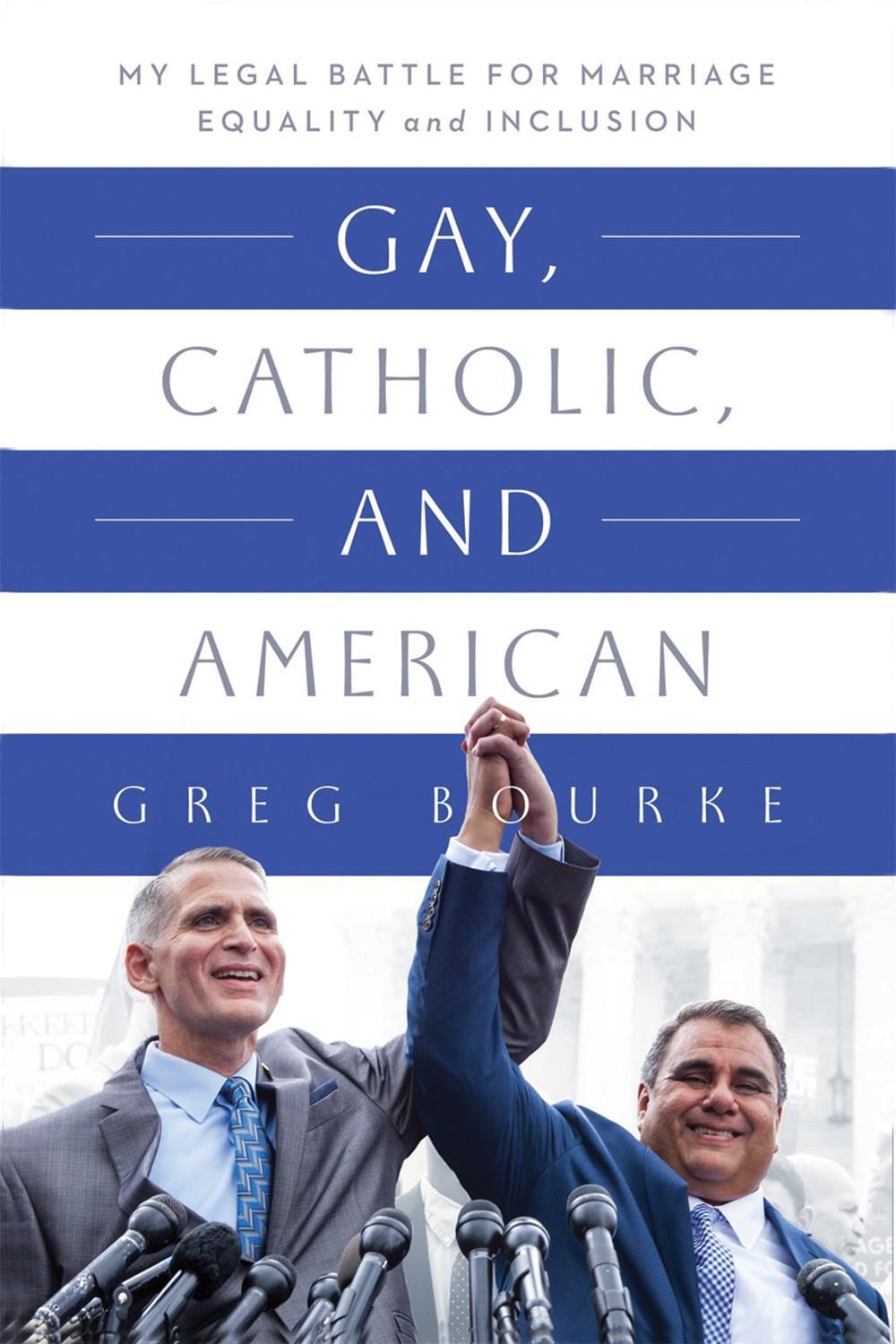University of Notre Dame Press Fall 2021 Catalog
5
March 1917 The Red Wheel, Node III, Book 3 Aleksandr Solzhenitsyn Marian Schwartz, translator In March 1917, Book 3 the forces of revolutionary disintegration spread out from Petrograd all the way to the front lines of World War I, presaging Russia’s collapse. One of the masterpieces of world literature, The Red Wheel is Nobel prize–winner Aleksandr Solzhenitsyn’s multivolume epic work about the Russian Revolution told in the form of a historical novel. March 1917—the third node—tells the story, day by day, of the Russian Revolution itself. Until recently, the final two nodes have been unavailable in English. The publication of Book 1 of March 1917 (in 2017) and Book 2 (in 2019) has begun to rectify this situation.
9780268201708 Pub Date: 10/1/2021 $42.00 Discount Code: t Hardcover 688 Pages Fiction / Historical Series: The Center for Ethics and Culture Solzhenitsyn Series 9.3 in H | 6.1 in W 4 maps
The action of Book 3 (out of four) is set during March 16–22, 1917. In Book 3, the Romanov dynasty ends and the revolution starts to roll out from Petrograd toward Moscow and the Russian provinces. The dethroned Emperor Nikolai II makes his farewell to the Army and is kept under guard with his family. In Petrograd, the Provisional Government and the Soviet of Workers’ and Soldiers’ Deputies continue to exercise power in parallel. The war hero Lavr Kornilov is appointed military chief of Petrograd. But the Soviet’s “Order No. 1” reaches every soldier, undermining the officer corps and shaking the Army to its foundations. Many officers, including the head of the Baltic Fleet, the progressive Admiral Nepenin, are murdered. Black Sea Fleet Admiral Kolchak holds the revolution at bay; meanwhile, Grand Duke Nikolai Nikolaevich, the emperor’s uncle, makes his way to military headquarters, naïvely thinking he will be allowed to take the Supreme Command.
Contributor Bio Aleksandr Solzhenitsyn (1918–2008), Nobel Prize laureate in literature, was a Soviet political prisoner from 1945 to 1953. His story One Day in the Life of Ivan Denisovich (1962) made him famous, and The Gulag Archipelago (1973) further unmasked Communism and played a critical role in its eventual defeat. Solzhenitsyn was exiled to the West in 1974. He ultimately published dozens of plays, poems, novels, and works of history, nonfiction, and memoir, including In the First Circle, Cancer Ward, The Red Wheel epic, The Oak and the Calf, Between Two Millstones, Book 1 (University of Notre Dame Press, 2018), and Between Two Millstones, Book 2 (University of Notre Dame Press 2020). Marian Schwartz is a prizewinning translator of classic and contemporary Russian literature, including works by Leo Tolstoy, Nina Berberova, Olga Slavnikova, and Leonid Yuzefovich.
“[A] magisterial depiction of the long, slow collapse of the Tsarist regime in which everybody gets a voice, but nobody feels that he or she can prevent the worst of it. Eerily prescient for the binary confusions of the present.” —VoegelinView “In The Red Wheel, Aleksandr Solzhenitsyn produced a masterpiece and proved himself a worthy companion of Dostoevsky and rival of Tolstoy.” —Law and Liberty “If Aleksandr Solzhenitsyn’s The Gulag Archipelago presented a mindset-changing view of the history of the USSR, the historical novels that make up his epopee The Red Wheel are a counterweight to the heroics of the October Revolution.” —Russian Review























